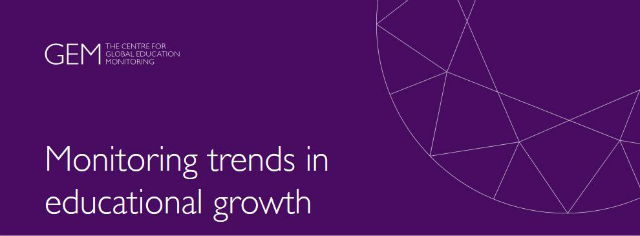Publication Date
4-2016
Subjects
Monitoring (Assessment), Literacy, Year 6, Developing countries, Writing achievement, Reading achievement, Tests, Questionnaire, Mathematics achievement, Socioeconomic status, Rural urban differences, School policy, Attendance, School improvement, School buildings, Educational resources
Abstract
In 2012, the Ministry of Education, Afghanistan, engaged the Australian Council for Educational Research (ACER) as a partner to support the development of a national learning assessment program in Afghanistan. To achieve this goal, the Learning Assessment unit of the Ministry of Education and ACER have collaborated to design and implement the Monitoring Trends in Educational Growth (MTEG) program in Afghanistan. MTEG is designed as a long-term monitoring program with one focus on trends in achievement outcomes in single class levels over time, and another focus on the growth of achievement in cohorts throughout the school cycle, from Class 3 through to Class 9. This report outlines the relationship between school factors and student outcomes from the 2013 Class 6 assessment in mathematical, reading and writing literacy.
Recommended Citation
Friedman, T., Robertson, S., Templeton, S., & Walker, M. (2016). Class 6 school factors in Afghanistan 2013 : the relationship between school factors and student outcomes from a learning assessment of mathematical, reading and writing literacy. Australian Council for Educational Research (ACER). https://research.acer.edu.au/mteg/13
Copyright Statement
Copyright Australian Council for Educational Research 2016
Place of Publication
Melbourne Vic
Publisher
Australian Council for Educational Research (ACER)
ISBN
9781742862897 (paperback) 9781742862903 (ebook)
Geographic Subject
Afghanistan
Included in
Educational Assessment, Evaluation, and Research Commons, International and Comparative Education Commons



Comments
The MTEG 2013 assessment of Class 6 students in Afghanistan was a collaboration between the Centre for Global Education Monitoring at the Australian Council for Educational Research (ACER-GEM) and the Ministry of Education, Afghanistan.